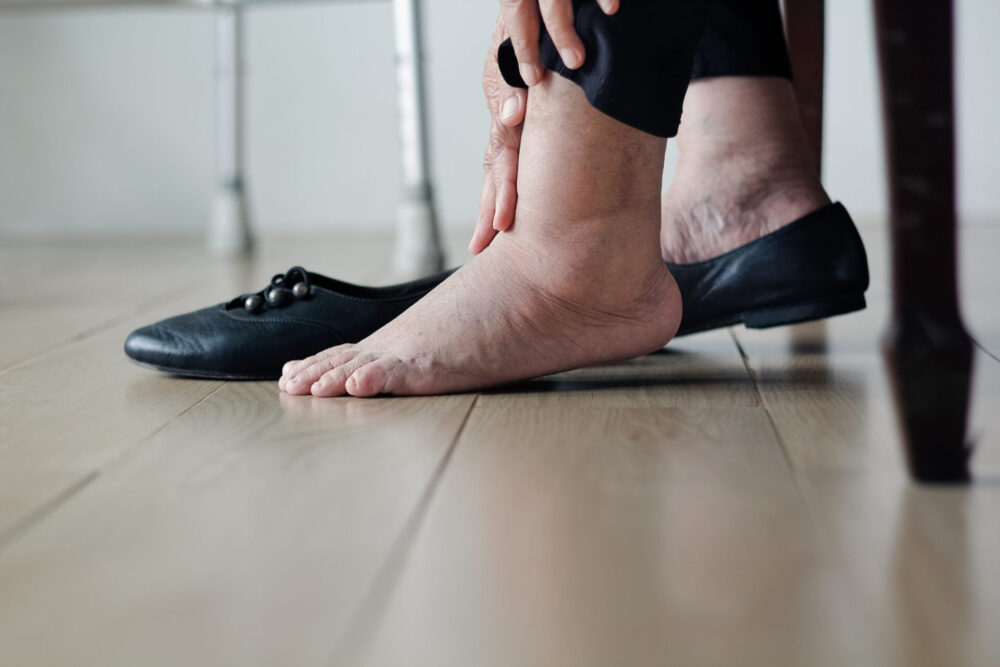An electrocardiogram (ECG) is a cardiovascular test that cardiologists use to diagnose various heart conditions. But what can it detect and how can it protect your cardiovascular wellbeing?
Discover the role of an ECG in diagnosing heart conditions in Expert Cardiologist’s latest post. We explain what an ECG is, how it works and the heart conditions it can be used to detect.
What is an ECG?
An ECG is a painless, non-invasive procedure that records your heart’s electrical activity and rhythm.
Your doctor may advise you to have an ECG if you:
- Have symptoms of a heart attack or coronary artery disease
- Experience an irregular heartbeat (arrhythmia)
- Have been diagnosed with a heart condition that affects how well your heart works
You might also have symptoms that need investigating, such as:
- Chest pain
- Heart palpitations
- Shortness of breath
- Dizziness
Similarly, if you have a family history of heart problems, high blood pressure, high cholesterol or diabetes, you may benefit from an ECG to check your heart’s health.
What happens during an ECG?
A cardiologist or a healthcare professional who is specially trained will carry out your ECG usually at the hospital or a clinic. You can learn how to prepare for your ECG in our blog post.
There are three ways to have an ECG:
- At rest at the hospital
- Over an extended period, wearing a portable ECG machine at home
- Performing various exercises to determine the effects of medicine or stress on your heart
Your cardiologist will perform a resting ECG by placing sticky patches called electrodes onto your arms, legs and chest. These patches have wires that are attached to the ECG machine to capture your heart rate and rhythm.
With a portable ECG, your specialist will attach electrodes to your chest and tape them. The electrodes will be connected to a portable ECG machine worn on a belt around your waist. They may then ask you to wear the ECG machine for 24 hours or up to seven days.
During an exercise ECG, the cardiologist will attach electrodes to your chest. They’ll then ask you to complete various exercises, such as walking on a treadmill or cycling on a stationary bike. The exercise you’re given will gradually increase in intensity until you either start experiencing the symptoms being investigated or you become tired.
How does an ECG work?
An ECG records your heart’s electrical activity and rhythm. It does this through the electrodes that your cardiologist places on your body. These are used to detect your heart’s activity and relay it to a machine that converts it into a continuous wave-like image which shows each beat and electrical impulse.
Generally, the results are printed on paper as the electrodes detect your heart’s activity, but the process can also be digitalised.
Your cardiologist can assess the impulses detected to determine if a particular condition is responsible for your symptoms.
What heart conditions can an ECG detect?
An ECG can provide lots of information about your heart non-invasively. Cardiologists can use an ECG to monitor an already-diagnosed heart condition or assess how well a medication is working.
Some of the heart conditions an ECG can be used to detect include:
- Arrhythmia
- Heart attacks
- A silent heart attack (where blood flow in your coronary arteries is interrupted without causing heart attack symptoms)
- Coronary heart disease
- Cardiomyopathy (where your heart walls are thickened or enlarged)
Other assessments could diagnose these heart conditions but may be more invasive than a simple ECG.
Benefits of an ECG
An ECG can provide many benefits for looking after your heart.
Some of the main benefits of having an ECG are:
- Early detection – an ECG offers early detection of various heart conditions, which means you gain access to the treatment you need as soon as possible. Early detection can make all the difference in how well a condition responds to treatment.
- Accurate diagnosis and early intervention – with an ECG, cardiologists can determine an accurate diagnosis to ensure you receive the correct treatment to suit your needs.
- Assessing the overall health of your heart – keeping track of your heart health is vital when safeguarding your cardiovascular health and an ECG is a simple way to do exactly that. ECGs provide excellent insight into your heart health so that you can receive treatment sooner rather than later. Check out our comprehensive guide to learn more about monitoring your heart health as you age.
- Monitoring diagnosed heart conditions – if you already have a diagnosed heart condition, an ECG can help monitor it and see how your prescribed medication is working. That way, we can make any adjustments or provide further treatment as necessary.
Regular heart check-ups are essential to managing your cardiovascular health and ECGs play a significant role in monitoring and diagnosing the conditions that may affect it.
Book your ECG with Expert Cardiologist
An ECG is a simple investigative diagnostic test that can help cardiologists get to the bottom of cardiovascular symptoms without needing scans or surgery. From detecting arrhythmias to diagnosing coronary artery disease, an ECG can make a considerable difference in protecting your heart health.
We understand the complexities of heart health at Expert Cardiologist, so we offer private ECGs where we can assess your cardiovascular wellbeing. Our dedicated team uses ECG results to accurately diagnose heart conditions and provide personalised advice based on your needs.
Contact us today to discover how we can help you monitor and protect your heart health both now and in the future.
Request A Call Back
Please fill in the contact form and we will call you back at a time most convenient for you.
RECENT POSTS




